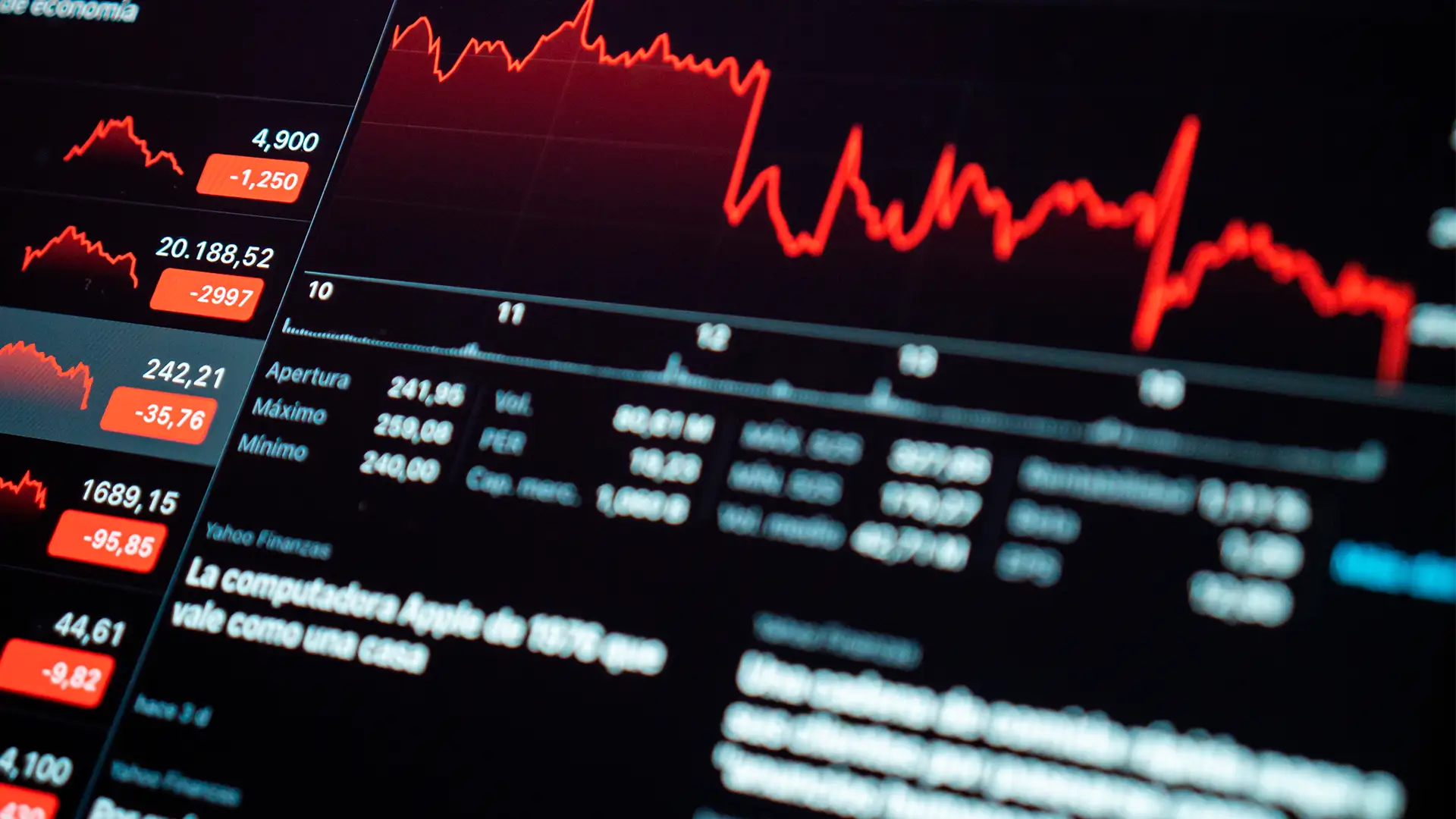August 5, 2024, marked a significant downturn in global financial markets, known as “Black Monday.” The day saw massive declines in stock exchanges worldwide, driven by fears of a looming recession in the United States. The crisis began in Asian markets and rapidly spread to Europe and America.
The Asian Market Crash
The turmoil started in Tokyo, where the Nikkei 225 index plummeted by 12.4%, recording its worst fall since the 1987 crash. This drastic drop was attributed to the rise in U.S. unemployment rates and the strengthening yen, which negatively impacted major Japanese exporters (Excélsior) (EITB).
Notable declines were seen in large technology and banking conglomerates such as Softbank and Mitsubishi UFJ, which fell by 18.65% and 17.84%, respectively. This crash followed a week of losses, exacerbated by the Bank of Japan’s decision to raise interest rates, causing the yen to appreciate against the euro and the dollar (EITB).
Spreading to Europe
The crash in Asia soon affected European markets. Major European stock exchanges opened with significant losses: Frankfurt fell by more than 3%, Paris by 2.6%, London by 2.3%, and Madrid by 2.8%. The widespread sell-off in banking and technology sectors heightened market anxiety across Europe (Excélsior) (EITB).
Wall Street in Freefall
The chaos continued with Wall Street experiencing a similar fate. The Dow Jones dropped nearly 3%, the Nasdaq fell by 5.5%, and the S&P 500 decreased by 4% at the opening bell. Every stock in the Dow Jones was in the red, with major tech companies like Alphabet, Netflix, and Meta seeing significant losses. This downturn was driven by fears of a potential U.S. recession, fueled by negative employment data released the previous week (Grupo Milenio) (Excélsior).
Causes of the Downturn
The primary catalyst for this global market crash was a U.S. employment report showing an unemployment rate of 4.3%, the highest since October 2021. This unexpected increase in unemployment raised concerns that the Federal Reserve might be forced to cut interest rates more aggressively to stimulate the economy (EITB) (Excélsior).
Stephen Innes, an analyst at SPI Asset Management, noted that if the Fed cuts rates by 50 basis points instead of the expected 25, it would signal that they have delayed easing monetary policy for too long. Analysts at Deutsche Bank highlighted that the market’s anticipation of Fed rate cuts over the next 12 months is only seen during recessions (Excélsior) (Grupo Milenio).
Consequences and Outlook
The impact of Black Monday extended beyond stock market indices. The value of the dollar and the Mexican peso also declined, and bond yields dropped significantly as investors rushed to safe-haven assets, increasing market volatility further (Grupo Milenio).
This event underscored the fragility of global financial markets in the face of potential recession signs in a major economy like the United States. The uncertainty over future Federal Reserve policies and their ability to manage the economy in such a volatile environment will remain a critical factor in the coming months.
August 5, 2024, demonstrated how interconnected global markets are and how decisions and events in one region can have immediate and significant repercussions worldwide.








































Leave a Reply